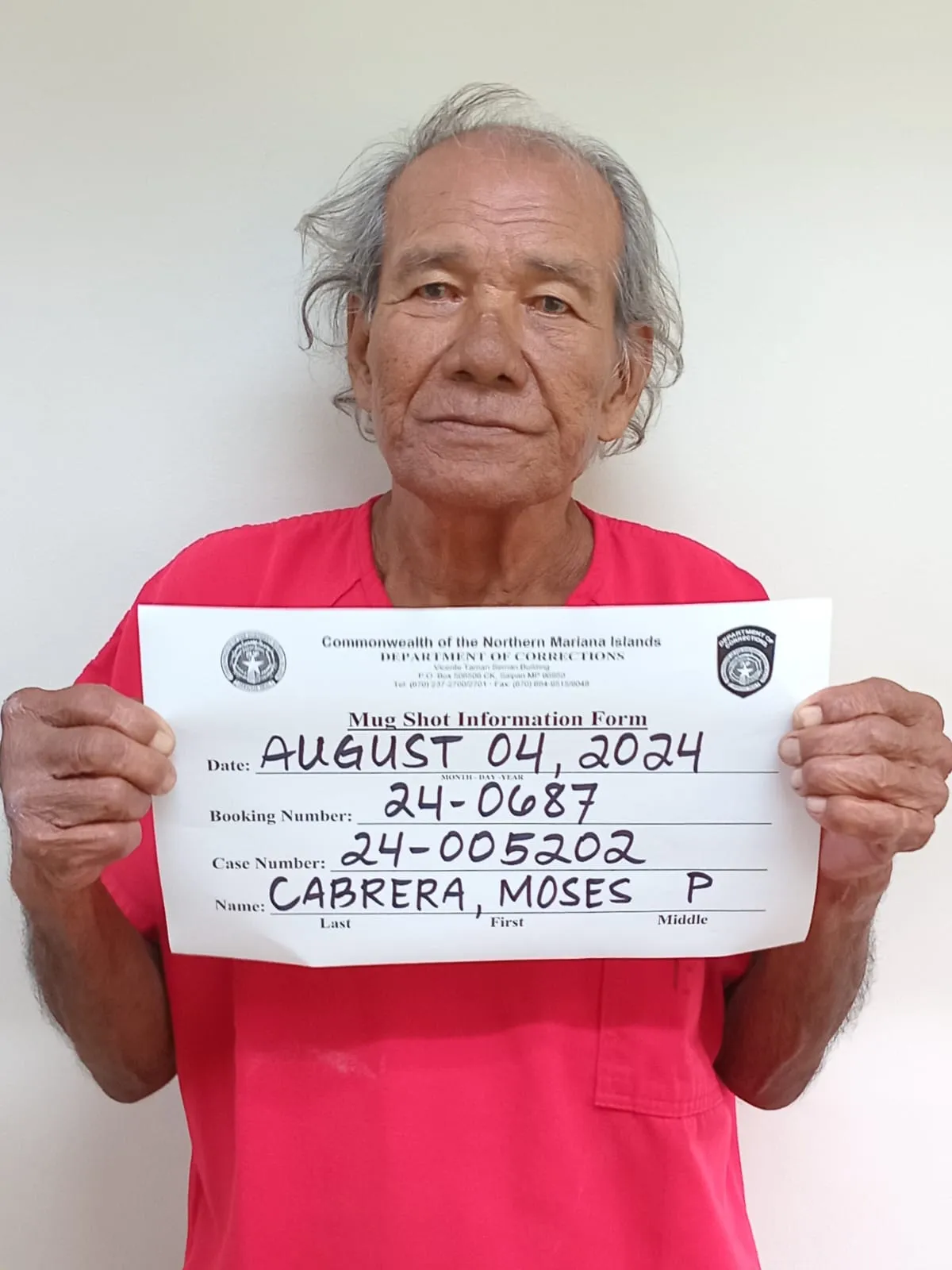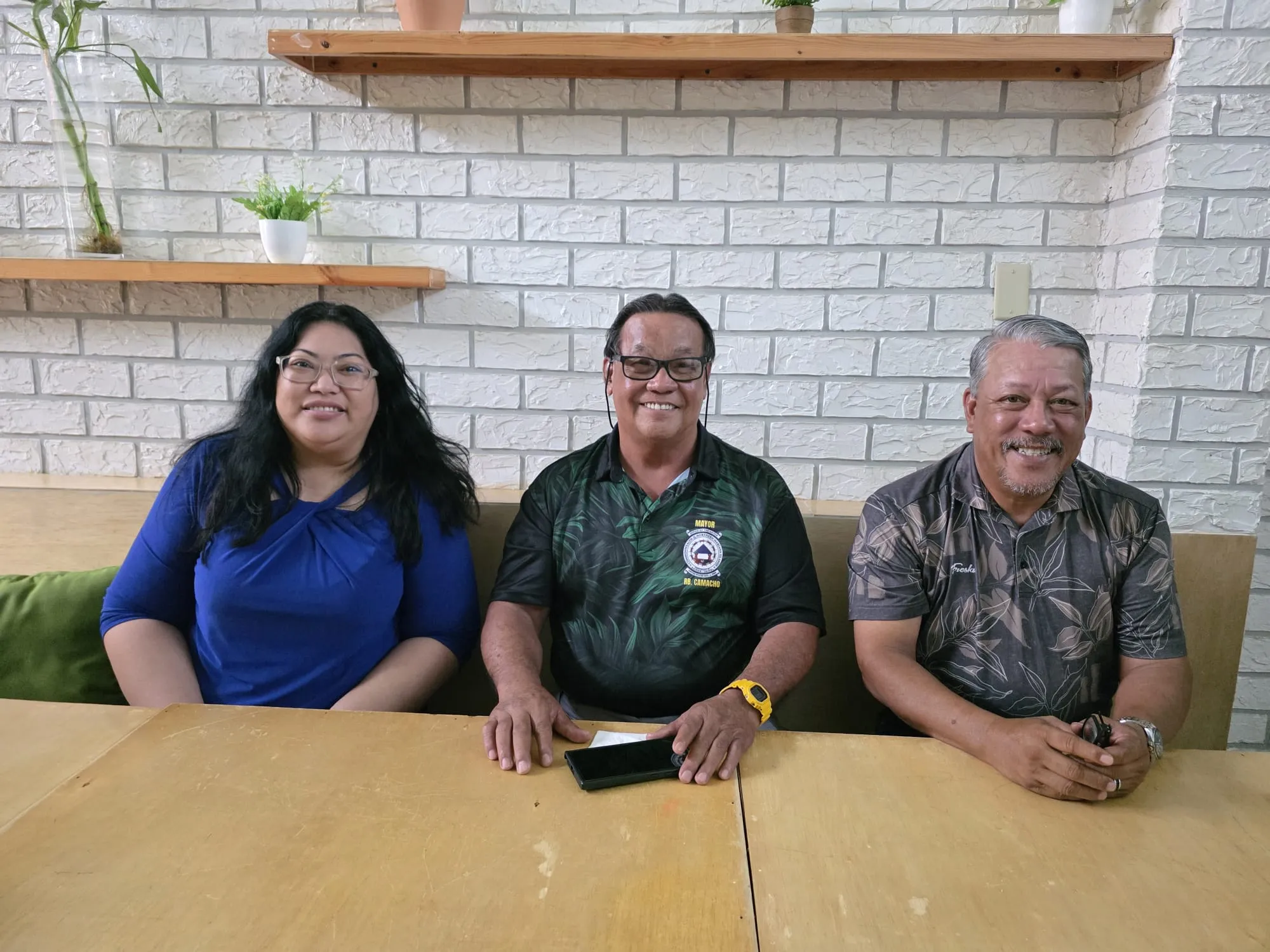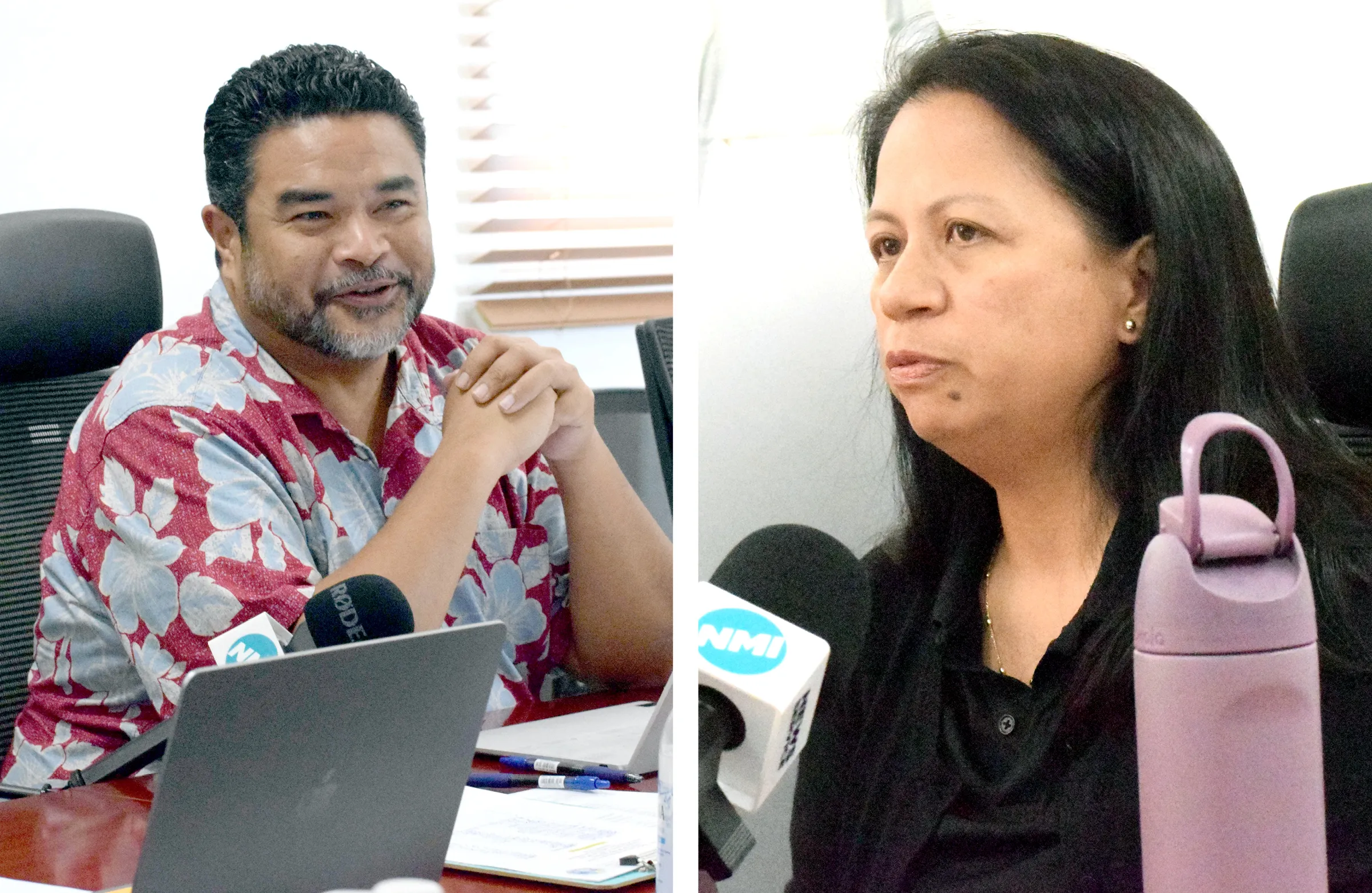A HANDFUL of millennials provided testimony on Tuesday regarding Senate Legislative Initiative 22-1, a proposal to amend Article 12 of the CNMI Constitution.
Among them were 20-year-old Trini Iguel and 28-year-old Keoni Hosono.
“From my understanding, Article 12 was put in place to protect our people, but according to [SLI 22-1], the initial reasons supporting the establishment of Article 12 are no longer consistent with the needs of the Commonwealth and its people,” said Iguel.
“Will there ever be a time when our people will not need protection? No. Our people have suffered through 500 years of colonialism. This has decimated much of our language, our culture, and our heritage. At this point, the only true connection that we have to our identity as Chamorros and Carolinians is the land.”
She added, “Our forefathers negotiated for Article 12 for the protection of our people and future generations. They did this for us and this is something that will continue to protect what we have left of our identity.”
Iguel said land is not only a part of her identity, it also empowers her.
“I want to be able to share this feeling of empowerment with my future children and grandchildren. I don’t want to just talk to them about it; I want to share it with them,” she said.
Then, turning to Senate President Jude Hofschneider, the author of the legislative initiative, she said, “Senator Hofschneider, you wanted to hear from millennials. Here I am, a 20-year-old aspiring social worker. I respect and understand where you are coming from with this initiative, so please respect and understand what we all have to say because the initial reason for supporting the establishment of Article 12 is still and will always be consistent for the Commonwealth and its people. I’m sure all of us here have an idea of what our future may look like without Article 12, whether it be military build-up, high cost of living, or whatever else it is that we might be envisioning. Too much has been taken away from us.”
She added, “We shouldn’t need to be having this conversation while other indigenous peoples throughout the world are fighting for their land back. We shouldn’t be giving foreign powers or businesses the ability to take away the truly only solid thing that we have left as a people. Our indigenous lands should always be in our indigenous hands. A threat to Article 12 is a threat to our people, so I ask you to make the right decisions and fight for our people and our continuity.”
Hosono, for his part, questioned whether studies were conducted on the impact of the legislative initiative on the Commonwealth and its people.
He said he had almost no idea what Article 12 does, other than what he had learned from the hearsay he has heard around the island from people who grew up with English as their second language.
“My knowledge of Article 12 and its protections and benefits to its people are limited. Although I can see what I have learned around the island that it’s nice that we do not have a homeless village full of tents,” he said.
Hosono encouraged lawmakers to do a better job of informing its people of the impact that Article 12 has on the CNMI and its people, and what impact the proposed amendment may have if ratified by voters.
“I believe that it is too soon to make amendments to Article 12. How many experts have you spoken to regarding this matter? Perhaps you have. I believe that you would have. How can we better educate the people of the Marianas to understand this issue? Your millennial is standing here before you, wanting to know what Article 12 does and does not do for us,” he said.
In order to make such an important business decision, he added, stakeholders like him deserve a better explanation than, “This is to start the conversation.”
“Why are we trying to improve our chances of selling land when we are still not done preparing our workforce for the reduction of CWs? Without land ownership and proper protection for the Chamorro and Carolinian, we will be paving our own ‘Trail of Tears,’ to a new tent village. The children of the Marianas need to have a summit to talk about where we, as a people, want to be in the future,” he said.
Moreover, Hosono said, “When will we begin moving up north? We have three islands occupied and many more that have potential. What can we do to help all of the islanders benefit from our ancestral lands being sold? I have classmates and friends who are not full NMDs, but they were born and raised here. They are my extended family. Every person in the community is a member of our island family, and I believe that this is their home. We should find ways to be more flexible.
“I, too, one day, want to be a landowner. Hopefully that day will come. Please educate us, again, on what Article 12 can and cannot do for us. Explain more how we can benefit from the suggested changes. Also, I believe that we should find a way to make income off the land and then give dividends to every citizen and resident of the CNMI,” he said in closing.
Introduced by Senate President Hofschneider in February, the legislative initiative would remove the restriction on the alienation of land in the CNMI to allow NMD landowners to fully exercise their real property rights, and to reduce the NMD percentage of ownership interest in the Northern Marianas Descent Corp.
A legislative initiative must be passed by the affirmative vote of three-fourths of the members of each house present and voting. It cannot be vetoed by the governor, but it must be approved by voters.











